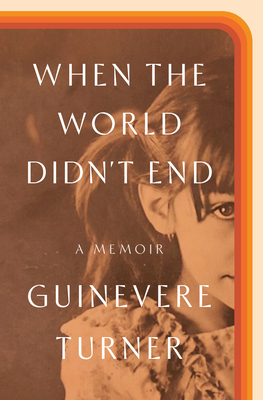
description
9Since 1699, Hungary was part of the Austrian Empire, ruled by the Habsburg dynasty. In 1848/49, the Hungarians staged an uprising seeking their independence, and although the attempt was crushed by the Austrians, it resulted with Hungary being granted equal status with Austria in 1867. The empire became the dual monarchy of Austria and Hungary, and was known as the kaiserliche und königliche (k. und k.) Monarchy. The kaiserliche part referred to the Imperial throne of Austria, while the königliche part referred to the Royal throne of Hungary. At the end of the First World War, Hungary, as a member of the k. und k. Monarchy, ended up on the losing side. Her army disintegrated and her armaments were either taken over or destroyed by the victorious Allied nations. In the autumn of 1919, after the failure of a short-lived Soviet-style republic, a new Hungarian National Army was organized under French supervision. This army was led by a former k. und k. admiral, the highest-ranking native Hungarian military officer, Admiral Miklós Horthy, who later (in 1920) became Regent of Hungary, ruling in place of the deposed Habsburgs. Hungary never officially renounced its status as a monarchy, and the nation effectively remained a monarchy without a king until the end of the Second World War. After WWI, Hungary was in a very critical situation. In 1920 the Allied Powers gave the Hungarian delegation their conditions for peace. This agreement, the Treaty of Trianon, was very similar to the one already imposed on Germany at Versailles. The peace conditions for Hungary reduced the area of the country from 282,000 square kilometres to 93,000 square kilometres and the population from 18 million to 9.5 million. Thus 3,263,000 Hungarians became citizens of foreign countries under hostile administrations. The provisions of the Treaty of Trianon reduced Hungary's 1914 industrial base by about 80%. The Treaty of Trianon was a huge shock for the whole society. The Treaty has left a never ending scar on the Hungarian national consciousness. Everybody was affected, at least emotionally, by the harsh conditions of the Treaty. Hungary had lost his imperial status and was reduced to a small country surrounded by hostile states.
member goods
No member items were found under this heading.
listens & views

PSYCHEMAGIK PRESENTS: MAGIK CYRKLES / ...
by PSYCHEMAGIK PRESENTS: MAGIK CYRKLES / VARIOUS (UK)
COMPACT DISCout of stock
$21.99
Return Policy
All sales are final
Shipping
No special shipping considerations available.
Shipping fees determined at checkout.






